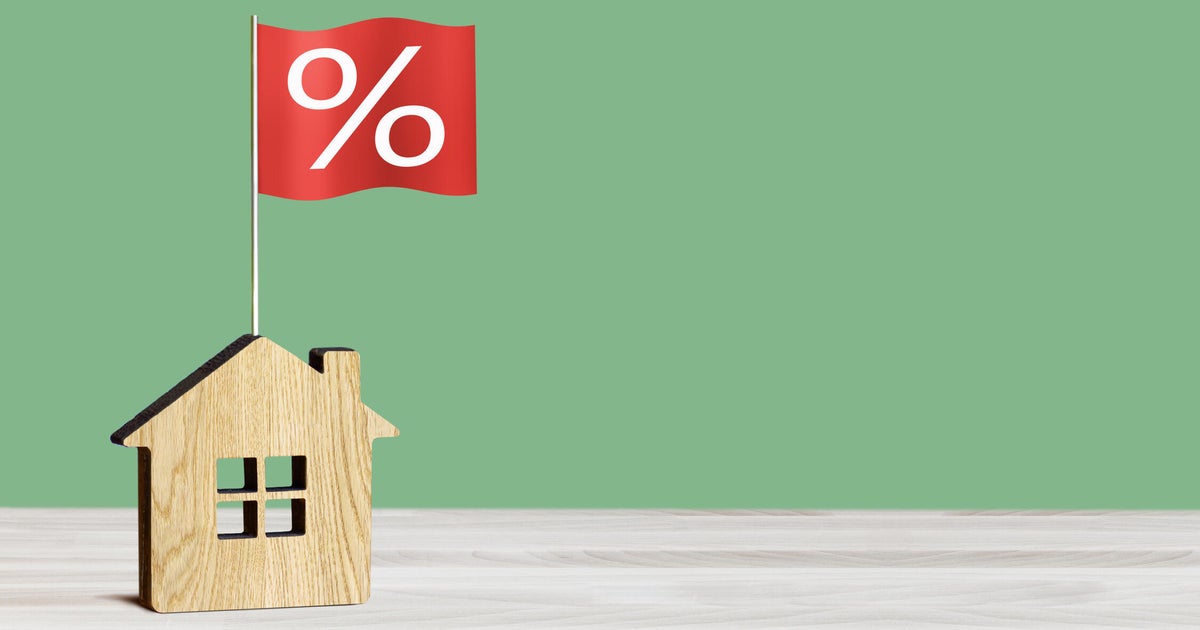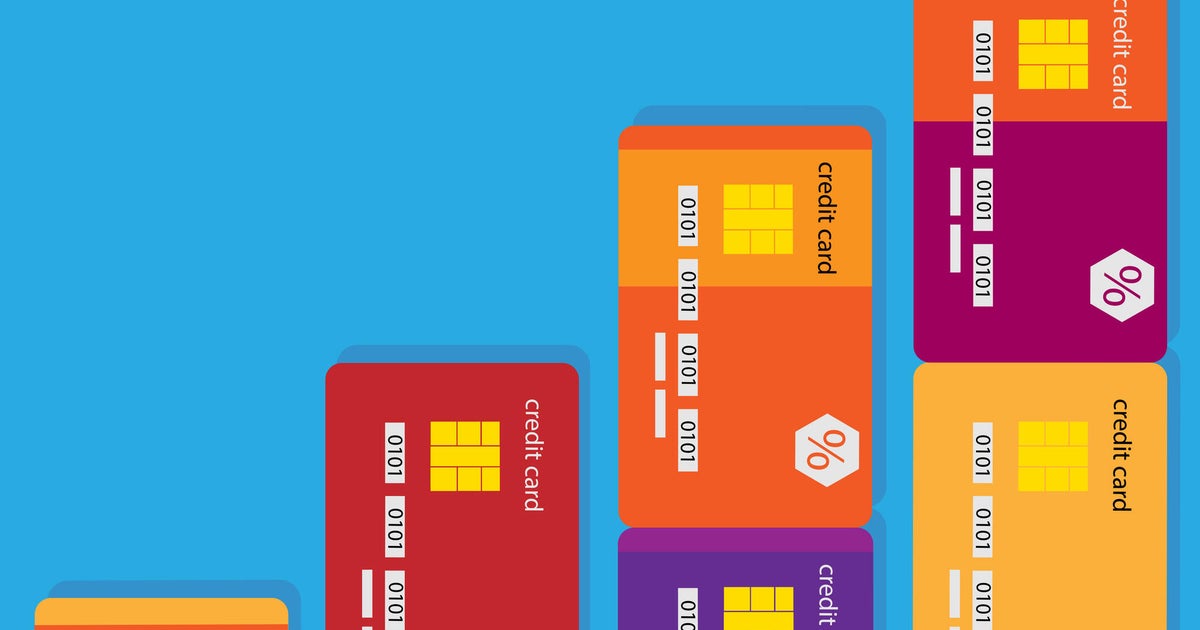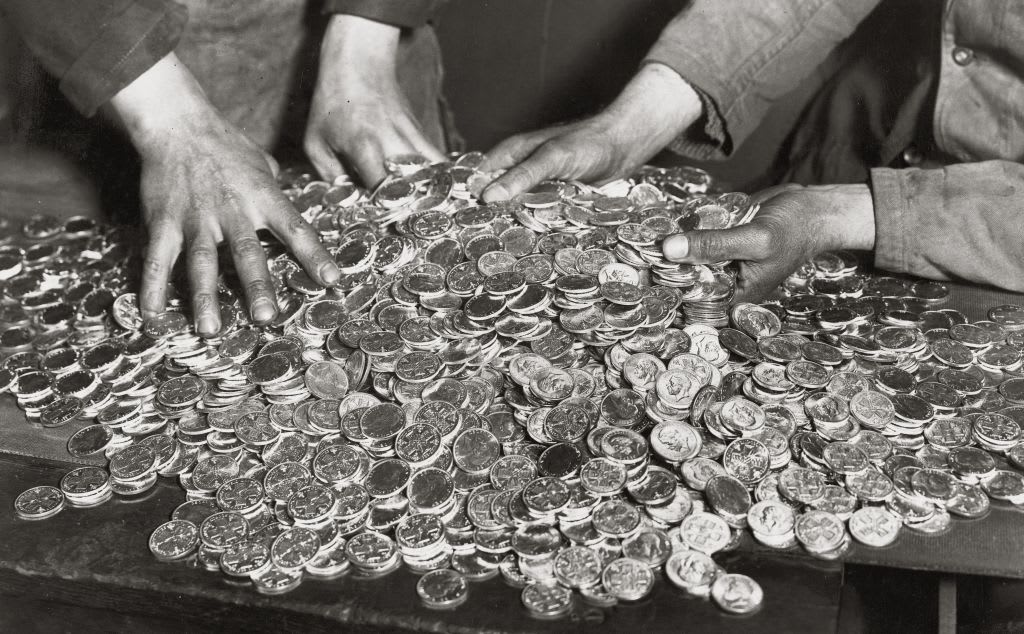Why a HELOC is better than these 6 popular alternatives
While reports from the Federal Reserve show a rise in home equity throughout 2023, the National Association of Realtors (NAR) expects the annual median house price to remain largely unchanged in 2024. Still, many Americans are sitting on a large amount of fairly new equity and rising interest rates aren't stopping them from tapping into it.
"We're seeing a significant number of clients tapping into their home equity right now," says Mason Whitehead, the branch manager at Churchill Mortgage. "With home values soaring over the last few years, home equity has been a key source of cash for clients needing money to battle inflationary prices, pay off debt, renovate homes, and pay for schooling."
If you're thinking about borrowing against your home this year, a home equity line of credit (HELOC) may be a good way to do so. But is it the best loan type for your situation? Below we'll evaluate it against six popular alternatives.
See what HELOC interest rate you could qualify for here now.
Why a HELOC is better than these 6 popular alternatives
Here's a look at the advantages HELOCs offer over six popular alternatives.
Home equity loans
Like a HELOC, a home equity loan is backed by a percentage of the equity you have in your home. However, instead of giving you access to a credit line, lenders disburse the full loan amount to you upfront. The balance plus interest and fees is then split up into fixed payments over a set term.
If you don't need the full loan amount upfront or aren't sure how much you want to borrow yet, HELOCs can be better because they allow you to withdraw funds on demand. Further, interest only accrues on the amounts you withdraw. HELOCs also tend to have lower monthly payments during the initial draw period, which can be helpful if you want to defer the full repayments until later.
Compare your HELOC and home equity loan options here to see which is better for you.
Credit cards
While both credit cards and HELOCs offer revolving credit lines that you can use, repay, and use again, HELOCs offer higher credit limits and lower APRs because they're secured by your home.
"HELOC and credit card interest rates are both pegged to the Fed Funds Rate, but HELOC rates can be 15 points lower. On a $10,000 balance, that's $1,500 annual savings," says Dan Green, the CEO of Homebuyer.com.
Personal loans
Personal loans typically come with a fixed interest rate, a set term, and no collateral requirements. In most cases, the maximum loan amounts range from $50,000 to $100,000 and terms range from one to 10 years. HELOCs, on the other hand, provide you with an opportunity to borrow more money at lower interest rates for longer periods.
"Generally, a HELOC will be more flexible than a personal loan, and they frequently carry a lower interest rate," says Whitehead. He adds, "In my experience, people who don't own a home, get a personal loan when they need money, and those who own a home will use a HELOC or similar type of financing when they are in the same spot."
Cash-out refinances
A cash-out refinance is a type of mortgage that involves refinancing your existing mortgage for more than you owe and taking out the difference in cash. "Choosing whether to do a HELOC vs. a cash-out refinance usually comes down to two factors: how much you need to borrow and the rate/terms of your current, first lien/mortgage," says Whitehead.
He explains that most of his clients are leaning towards HELOCs right now because of the high rates but that may change when rates drop.
"If your first mortgage rate is 4% and the HELOC is 10%, then it may make sense to combine the two into one mortgage if rates end up back in the fives, but for now, most people keep their lower-rate, first mortgage and simply add a HELOC," Whitehead says.
Reverse mortgages
A reverse mortgage is a loan product for people 62 or older who own homes. It allows you to borrow against your equity through a lump sum amount or installment payments. Lenders don't require repayments as long as the house remains your primary residence, but interest and fees accrue as long as you have an outstanding balance.
A HELOC can be better because you don't have to be at least 62 and it allows you to borrow on an as-needed basis. Additionally, they aren't designed to permanently reduce your home equity.
Payday loans
If you have less-than-perfect credit, you might be considering a payday loan. However, they're often relatively small and expensive. Some states have even deemed them predatory and illegal.
If you own a home and have enough equity, a HELOC can offer a better solution. HELOC lenders often have flexible eligibility requirements like payday lenders but offer larger loans, lower interest rates and longer repayment terms.
Is a HELOC right for you?
While HELOCs offer some clear advantages, they also have a few potential downsides.
First and foremost, lenders offer all of the above benefits in exchange for a lien on your home. That means if you don't make all your payments on time, your home could go into foreclosure. As a result, it's important to be confident that you can make your HELOC payments on time and as agreed.
HELOCs can also come with upfront fees that increase your borrowing costs, although some lenders waive them. To get the best deal, be sure to shop around and compare factors like loan amounts, eligibility requirements, fees, repayment periods and interest rates.




